
Work With Me!
Resolving Everyday Conflict in Your Organization
Read or listen offline
Amazon KindleRecommendation
Gini Graham Scott presents a model for handling any type of conflict using the ERI - emotions, reasons, and intuition - model. With this model, Scott calls for controlling negative emotions (E) and getting them out of the way. Then, she suggests understanding the reasons (R) for the conflict and the different conflict styles that might be used in dealing with it. The last step is and using the intuition (I) to come up with alternatives to choose the best approach. This book is well written in a clear, easy-to-understand style. The illustrations, charts, and fill-in-the-blank questions are especially helpful in showing how to apply the model in your own organization. getAbstract recommends this book for executives and managers, although it can be applied by others in the workplace and in everyday life to deal with any kind of conflict.
Summary
About the Author
Gini Graham Scott, Ph.D., J.D, is a nationally-recognized author, organizational consultant, speaker, and seminar leader in the areas of conflict resolution, organizational development, social dynamics, and creativity. She is the author of the classic Resolving Conflict and, most recently, Making Ethical Choices, Resolving Ethical Dilemmas. She has written more than thirty books on a variety of topics, including conflict resolution, business law, groups and organizations, social dynamics, lifestyles, and creativity. She is founder and president of Changemakers and of Creative Communications and Research.








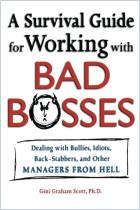
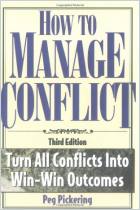
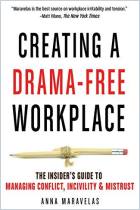
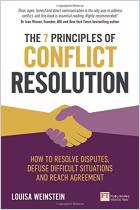
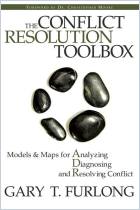
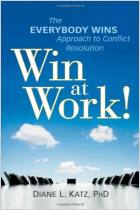
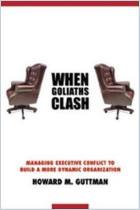


Comment on this summary